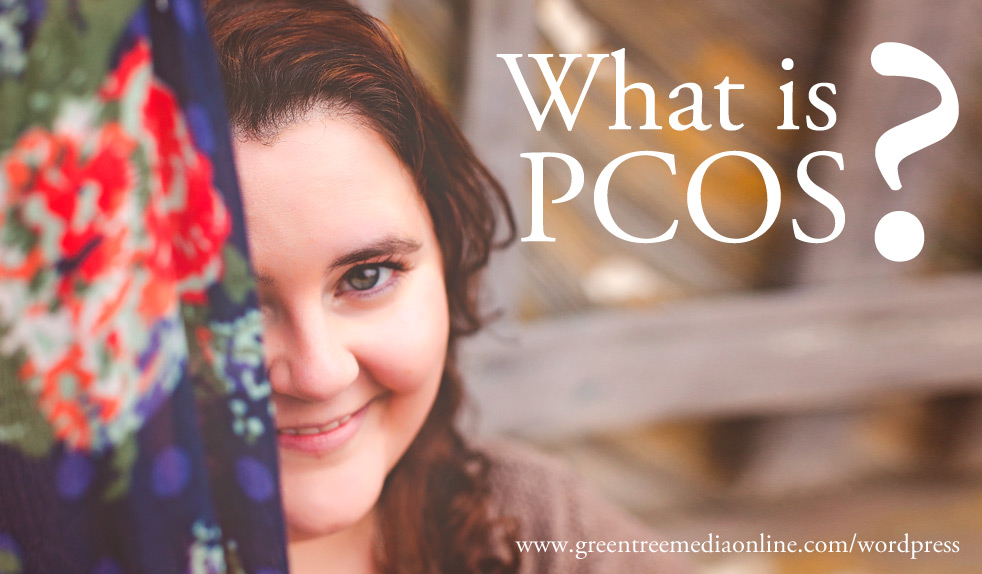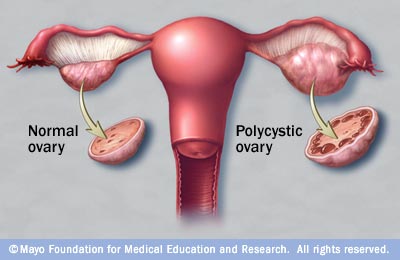Baby Journey: What is PCOS?
Warning: Before I start – today’s post is going to be all about PCOS. I’m going to explain some of the medical/technical aspects of this condition and there is one illustrated image as well. So if that’s something that you’re uncomfortable with or just plain not interested in – feel free to click away now 🙂

One of the most relieving days of my life was the day when I was diagnosed with PCOS or polycystic ovarian syndrome. It may seem strange to think that a diagnosis that has problems would be something that would give me relief. But the truth is when you’ve had issues for a long time to finally know what the cause is for those situations can be a very freeing feeling. The strange thing is that polycystic ovarian syndrome is a fairly common problem for women across the world. However not many people know much about it. In fact 50% of women with PCOS aren’t even diagnosed with this condition because it is often misdiagnosed or the symptoms are not taken seriously. So I thought I’d take a few minutes today to explain this condition, and how it affects fertility, and the other symptoms that can arise from having it.
So first things first, polycystic ovarian syndrome isn’t solely connected to your reproductive system. PCOS is actually an endocrine condition that affects your hormones. So while it is most often diagnosed for women who have fertility issues it actually can affect many other things such as acne, hair growth, hair loss, weight gain, fatigue, etc. but let’s start with the fertility side of this condition.


 From this list I can tell you that I have struggled with or currently deal with at least 10 of the items listed above. Perhaps you can see how having spent my whole life dealing with anxiety and depression and poor body image and acne and difficulty losing weight and on and on – that those things could wear on a person physically, mentally, and emotionally. So to finally, after all these years, have a reason for why I am the way I am, has provided me with a level of peace and understanding I never knew possible. Just knowing that there is a reason I feel the way I do or struggle the way I do – is incredibly relieving.
From this list I can tell you that I have struggled with or currently deal with at least 10 of the items listed above. Perhaps you can see how having spent my whole life dealing with anxiety and depression and poor body image and acne and difficulty losing weight and on and on – that those things could wear on a person physically, mentally, and emotionally. So to finally, after all these years, have a reason for why I am the way I am, has provided me with a level of peace and understanding I never knew possible. Just knowing that there is a reason I feel the way I do or struggle the way I do – is incredibly relieving.

3 Comments
Really lovely for you to talk about something so intimate, but also something that could help someone else out who might be struggling with the same condition. Thanks for sharing!
Pingback:Baby Journey: Pregnancy & Fertility Apps for iPhone » Green Tree Media Photography | Online Journal
Pingback:My Weight Loss Story - Green Tree Media Photography | Online Journal